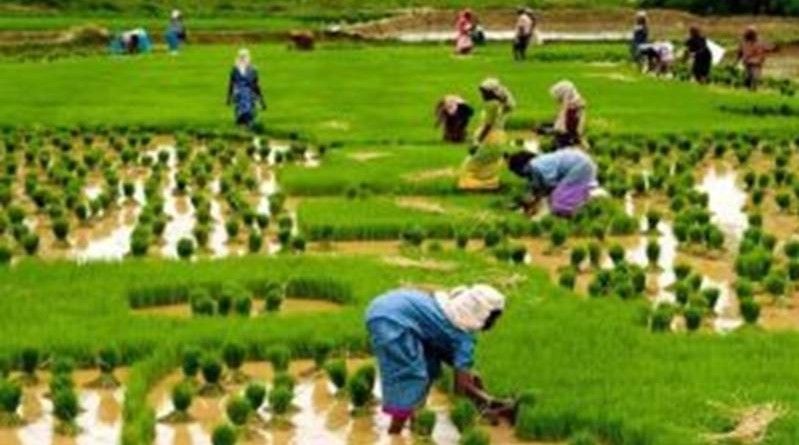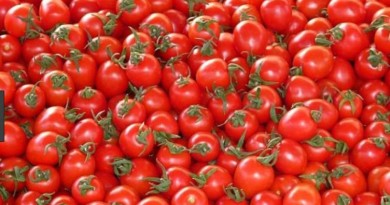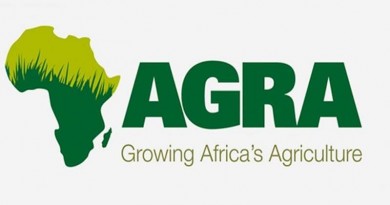NISRAL distributes N2.9bn across 13,900 hectares on 40 Projects to sustain rice revolution
The Nigerian Incentive-Based Risk Sharing System for Agricultural Lending ( NISRAL Plc ) says it has distributed over N2.9 billion across 13,900 hectares of rice farms comprising 40 projects in Nigeria.
Mr Aliyu Abdulhameed, NISRAL Managing Director said this at the 6th Rice-Africa International conference with the theme “Sustaining Rice Revolution in A rica: New Approaches to Value Chain Development,” on Thursday in Abuja.
Abdulhameed, represented by Mr Babajide Arowosafe, Executive Director (Technical), said that NISRAL had also facilitated the flow of over N4.2 billion into the rice value chain through commercial lending.
According to him, NISRAL Plc is also working to further grow this figure in future. He said that NISRAL Plc was established with the purpose of mitigating perceived agricultural risks and facilitating agribusiness in the country.
Abdulhameed said that NISRAL Plc had contributed its quota toward boosting rice production by participating in the Anchor Borrowers Programme and accelerating the progress on rice revolution in Nigeria. He noted that by 2010, the rice import bill was close to 2.2 billion dollars, as elsewhere in West Africa, occasioned by the 2008 global food price hikes that left many countries vulnerable.
According to him, Nigeria’s rice revolution has been one of the most outstanding achievements in agriculture in the current administration’s bid for economic diversification.
“According to a recent Gems4 study, Nigeria is currently producing an average of 5.8 million to six million tonnes of milled rice as against its national demand of seven million tonnes.
The managing director noted that the global rice outlook for 2030 indicated that the demand for rice would be on the increase, ranging between 503 million and 544 million tonnes.
“This is equivalent to the average growth rate of approximately one per cent per year relative to total consumption of 439 million tonnes in 2010.
“This demand growth is driven mainly by an expanding population, although changing consumption patterns also has an influence.’’
He said that the Asian rice consumption was projected to account for close to two-thirds of the total increase in demand by 2030.
Overall, the world rice trade for 2022 forecasts about 46 million tonnes heading to Africa, he said, adding that this should be a wake up call to Africa to intensify rice production, particularly Nigeria.
Abdulhameed described rice as a strategic commodity, being a staple food in Nigeria and an important source of livelihood for around 1.4 million rice-farming households and for millions of rural poor who work on rice farms.
The commodity, he said, had also been listed as one of the economic transformation goals of the country.
“The Nigerian Economic Recovery and Growth Plan listed its rice target as “achieving self-sufficiency and being a net-exporter of the commodity by end of 2018.”
He said that the Nigerian economy was undergoing transformation, underscoring the need for the rice value chain to transform itself.
Sunnews




